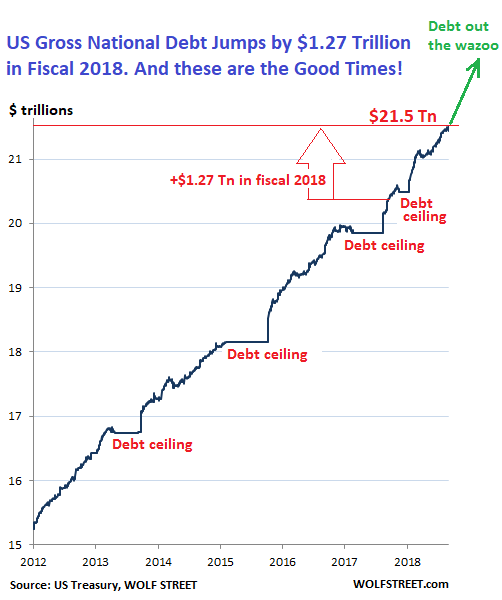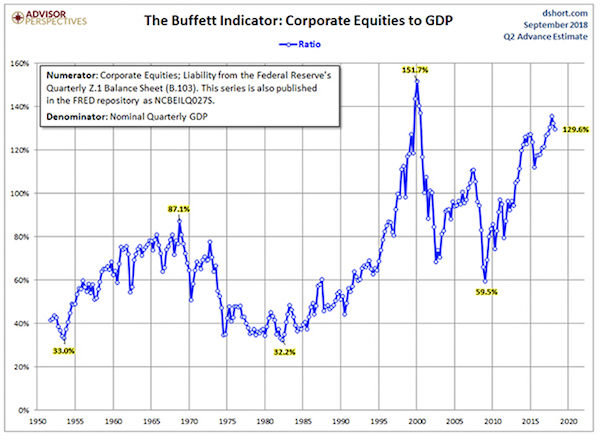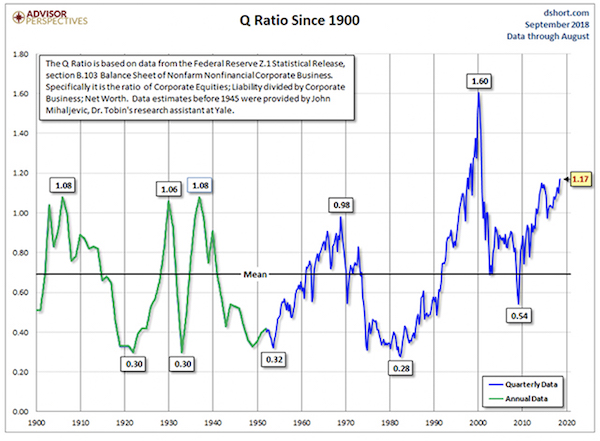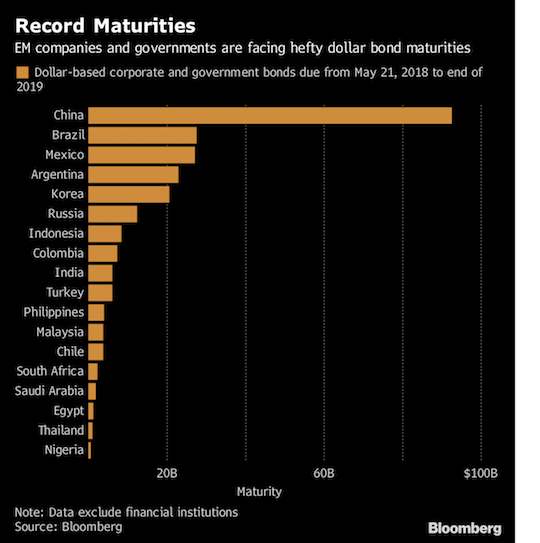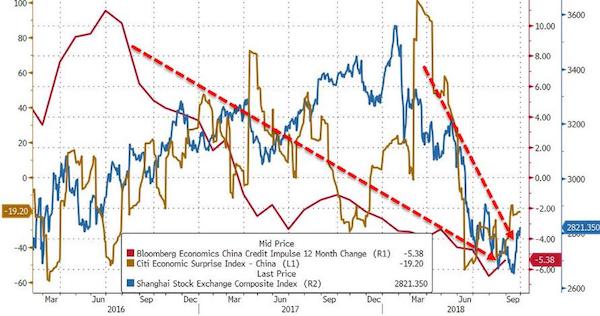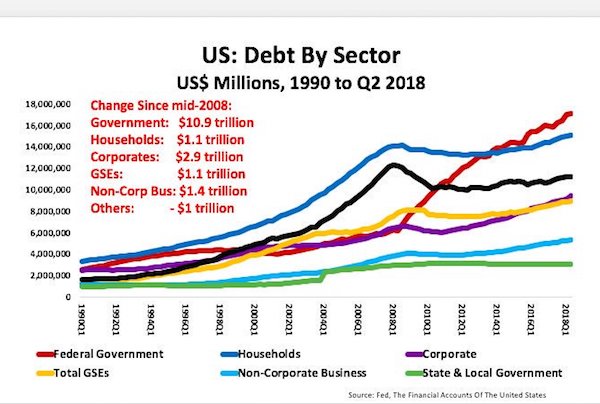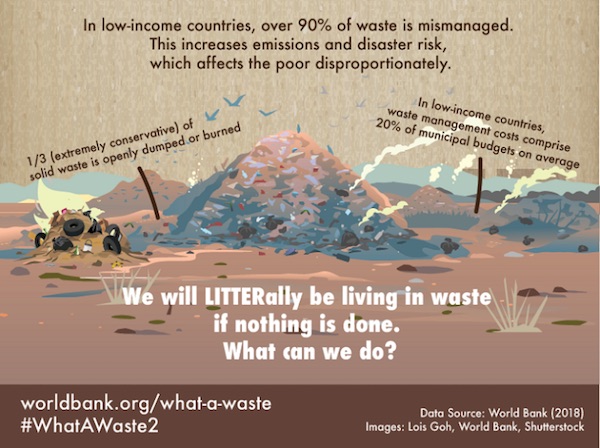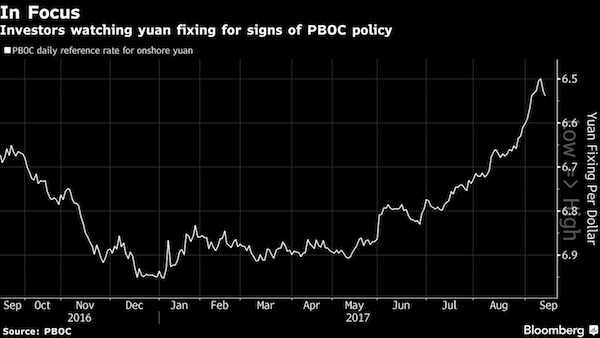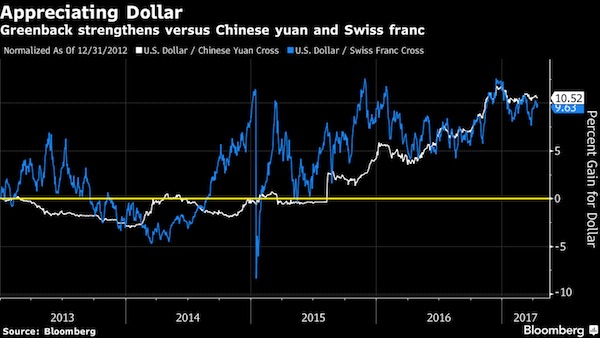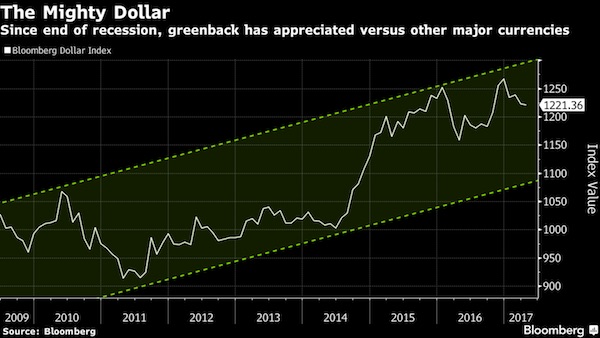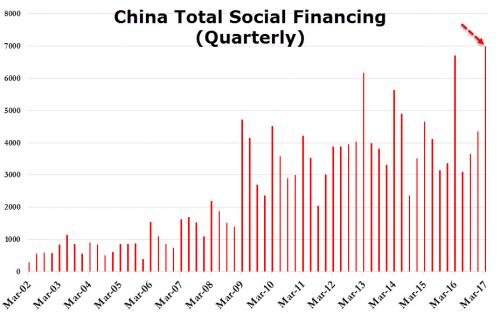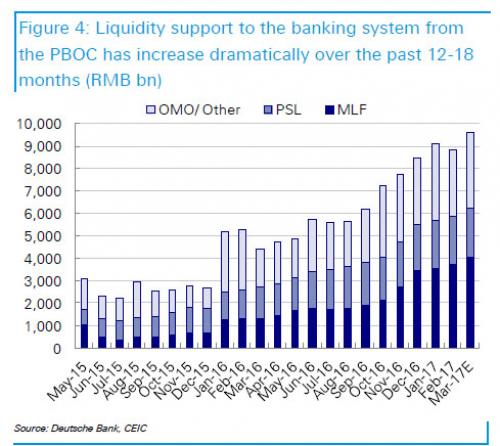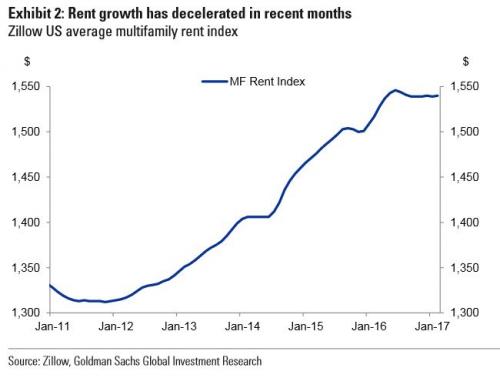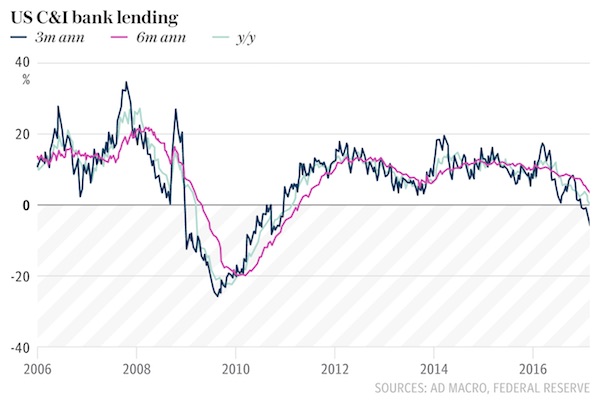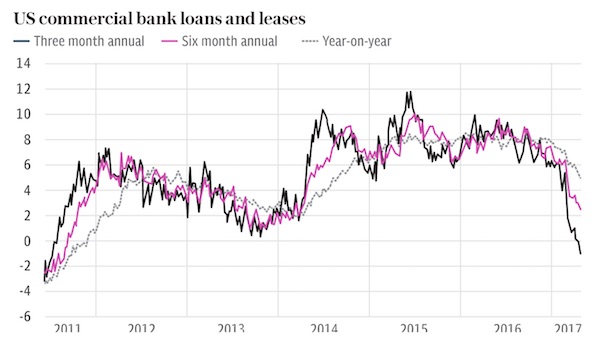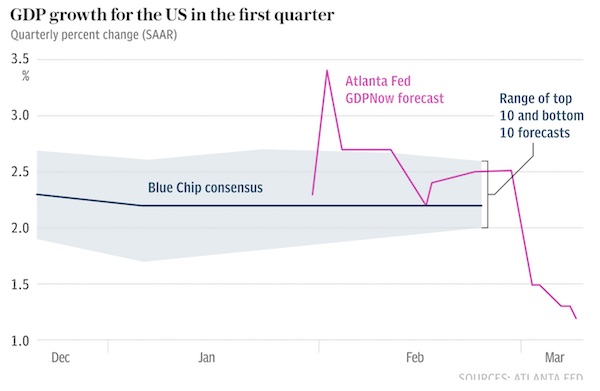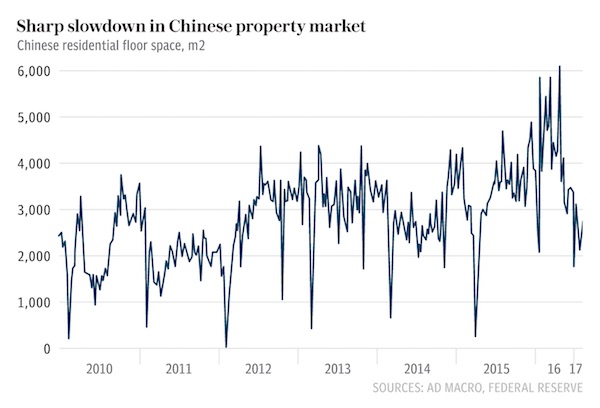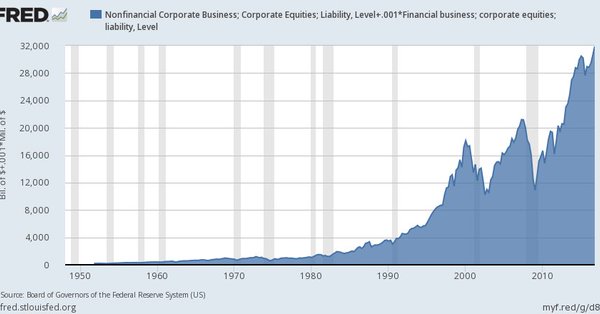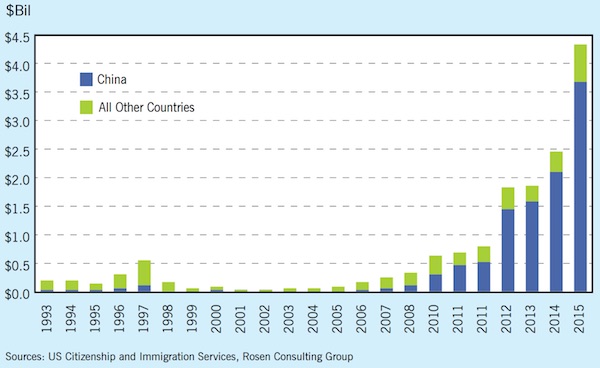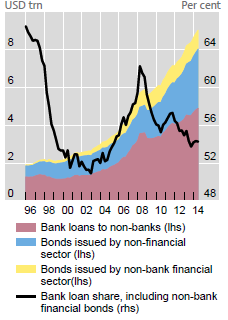
Pablo Picasso Marie-Thérèse Walter 1937

Of course people will see he didn’t really denounce it, or not fast enough or strong enough, but he did say it. Whatever you think of this, Trump got what he wanted: the Dems have moved hugely to the left. And he thinks they’re much easier to defeat in elections now. They can pick Biden or Kamala, but from now on in, it’ll be: yes but what do AOC and Omar think?
• Trump Denounces ‘Send Her Back’ Chant About Rep. Ilhan Omar (BI)
President Donald Trump is distancing himself from attendees at his North Carolina rally on Wednesday who chanted about “send her back” Rep. Ilhan Omar, a US citizen who has been a strident Trump critic. In the Oval Office on Thursday, Trump said he “disagreed” with the chants, was “very unhappy” with them, and would try to stop them in the future. Omar came to America as a refugee from Somalia in the 1990s, and is a US citizen. At the rally, Trump went on an extended monologue criticizing Omar and falsely linking her to terrorism and accusing her of supporting al-Qaeda, drawing loud boos from the audience. The crowd broke into “send her back” chants after Trump accused her of “launching vicious, anti-Semitic screeds.” But if Trump was unhappy with the chants, he didn’t show it.

But have they?
• US Navy Ship ‘Destroyed’ An Iranian Drone – Trump (CNN)
President Donald Trump said Thursday that the USS Boxer downed an Iranian drone that came within 1,000 yards of the Navy ship and ignored “multiple calls to stand down” — marking yet another escalation in the already tense situation playing out between Washington and Tehran. Speaking at the White House, Trump said the drone was “threatening the safety of the ship and the ship’s crew” in the Strait of Hormuz and was “immediately destroyed.” The drone was destroyed using electronic jamming, according to a US defense official. The crew of the Boxer took defensive action after the drone came within a threatening distance of the US ship, the official said.
“This is the latest of many provocative and hostile actions by Iran against vessels operating in international waters,” Trump added. “The United States reserves the right to defend our personnel, our facilities and interest and calls upon all nations to condemn Iran’s attempts to disrupt freedom of navigation and global commerce.” He called on other countries to condemn Iran’s action and protect their own vessels.

“I am worried that USS Boxer has shot down their own UAS [Unmanned Aerial System] by mistake!..”
• Iran Deputy Foreign Minister Says Tehran Has Not Lost Any Drones (R.)
Iranian Deputy Foreign Minister Abbas Araqchi denied on Friday that Iran had lost a drone in the Strait of Hormuz after the United States said that a U.S. Navy ship had “destroyed” an Iranian drone. “We have not lost any drone in the Strait of Hormuz nor anywhere else. I am worried that USS Boxer has shot down their own UAS [Unmanned Aerial System] by mistake!,” Araqchi said on Twitter, referring to a U.S. warship in the strategic waterway. U.S. President Donald Trump said on Thursday that the drone had flown to within 1,000 yards (meters) of the USS Boxer and had ignored “multiple calls to stand down” in the latest episode to stir tensions in the Gulf.

Much better than Bolton or Pompeo.
• Rand Paul Angles To Become Trump’s Emissary To Iran (Pol.)
Over a round of golf this past weekend, Sen. Rand Paul asked President Donald Trump’s blessing for a sensitive diplomatic mission. Paul proposed sitting down with Iranian Foreign Minister Javad Zarif to extend a fresh olive branch on the president’s behalf, according to four U.S. officials. The aim: to reduce tensions between the two countries. Trump signed off on the idea. With Zarif in New York City this week for U.N. meetings and private sitdowns with journalists and think-tank experts, the prospect of the dovish Kentucky senator serving as the administration’s chief diplomatic emissary has rankled many administration officials, who are expressing concern that Paul’s intervention threatens to scuttle the president’s “maximum pressure” campaign against Tehran.
It is unclear whether the senator will meet with Zarif. He and his office declined multiple requests for comment. But the president’s willingness to tap Paul as the go-between with a top Iranian official is a demonstration both of his unorthodox approach to foreign affairs and his continuing desire, even as his aides threaten to squeeze Iran until it capitulates to U.S. demands, to entice the Islamic Republic’s leaders to the negotiating table. Trump has been attempting to start negotiations with Iran for months, a campaign that has included letters to Supreme Leader Ayatollah Ali Khamenei, an attempt to use Japanese Prime Minister Shinzo Abe as an emissary to Tehran, and public comments expressing his desire to talk. Some Iranian officials have said that they are open to negotiations, but only after the administration removes sanctions. Khamenei, however, has likened talking with the U.S. to drinking “poison.”
Paul, along with Sens. Lindsey Graham (R-S.C.) and David Perdue (R-Ga.), played a round of golf with the president on Saturday at his club in Sterling, Va. The libertarian-leaning Paul has long been wary of U.S. foreign intervention, and he’s clashed with Trump administration officials over the possibility of a military conflict with Iran. When Trump last month called off retaliatory military strikes against Iran after an Iranian military official downed a U.S. drone over international waters, Paul went on the president’s favorite television network to offer unqualified praise. “It really takes a statesman to show restraint amidst a chorus of voices for war,” Paul told Fox News’ Martha MacCallum.

How wise is Epstein’s web?
• Manhattan and DC Brace For Epstein Impact (VF)
The Jeffrey Epstein case is an asteroid poised to strike the elite world in which he moved. No one can yet say precisely how large it is. But as the number of women who’ve accused the financier (at least, that’s what he claimed to be) of sexual assault grows to grotesque levels—there are said to be more than 50 women who are potential victims—a wave of panic is rippling through Manhattan, DC, and Palm Beach, as Epstein’s former friends and associates rush to distance themselves, while gossiping about who might be ensnared. Donald Trump’s labor secretary, Alexander Acosta, architect of the original 2007 non-prosecution agreement that let Epstein off with a wrist slap, has already been forced to resign.
The questions about Epstein are metastasizing much faster than they can be answered: Who knew what about Epstein’s alleged abuse? How, and from whom, did Epstein get his supposed $500 million fortune? Why did Acosta grant Epstein an outrageously lenient non-prosecution agreement? (And what does it mean that Acosta was reportedly told Epstein “belonged to intelligence”?) But among the most pressing queries is which other famous people might be exposed for committing sex crimes. “There were other business associates of Mr. Epstein’s who engaged in improper sexual misconduct at one or more of his homes. We do know that,” said Brad Edwards, a lawyer for Courtney Wild, one of the Epstein accusers who gave emotional testimony at Epstein’s bail hearing. “In due time the names are going to start coming out.”
Likely within days, the U.S. Court of Appeals for the Second Circuit will release almost 2,000 pages of documents that could reveal sexual abuse by “numerous prominent American politicians, powerful business executives, foreign presidents, a well-known prime minister, and other world leaders,” according to the three-judge panel’s ruling. The documents were filed during a civil defamation lawsuit brought by Epstein accuser Virginia Roberts Giuffre, a former Mar-a-Lago locker-room attendant, against Epstein’s former girlfriend and alleged madam, Ghislaine Maxwell. “Nobody who was around Epstein a lot is going to have an easy time now. It’s all going to come out,” said Giuffre’s lawyer David Boies. Another person involved with litigation against Epstein told me: “It’s going to be staggering, the amount of names. It’s going to be contagion numbers.”

Free markets? Nah…
• Beijing’s Credibility and the Baoshang Bank Dilemma (RG)
Baoshang Bank’s seizure by regulators on May 24 has created structural liquidity distribution problems in China’s interbank money market, which is vital to the financial system’s overall function. The market’s liquidity chain, with money lent from policy banks and large banks to small banks and then to non-bank financial institutions (NBFIs), remains ruptured, even as the central bank tries to piece it back together. However, authorities did not act capriciously, even if the Baoshang failure seems to have been foisted upon Chinese regulators at an awkward time.
The central bank chose explicitly to impose haircuts or discounts on corporate and interbank Baoshang depositors even while guaranteeing household and small deposits: they did not choose to fully support all depositors. By addressing some systemic risks officials necessarily create new counterparty credit risks: breaking moral hazard is difficult to do. Beijing cannot drive the probability of bank defaults back to zero, nor do they want to. Additional bank defaults have to be possible if system-wide risk taking is to be managed. The dilemma is fundamental: Does Beijing want the market to price the risk of potential bank failures, or do authorities want “stable” production of riskier and riskier forms of credit? Beijing can have one or the other, not both.

Intriguing.
• Obscure Data Suggests China Housing Bubble Has Burst (ZH)
[..] there was a delightful surprise to appease those who are wondering whether record credit injections and more easing measures than during the financial crisis had any effect at all. To wit, China retail sales and industrial production rebounded handsomely with the former spiking 9.8% YoY – the most since March 2018. There’s just one thing though – the entire surge in retail sales (and industrial production) seems to have been triggered by an almost unprecedented sudden surge in auto sales to – who else – the government itself, in the form large, state-owned enterprises. Think Cash for Clunkers on steroids – if the clunkers belonged to the Federal Government, and the new cars purchased were made by the Government.
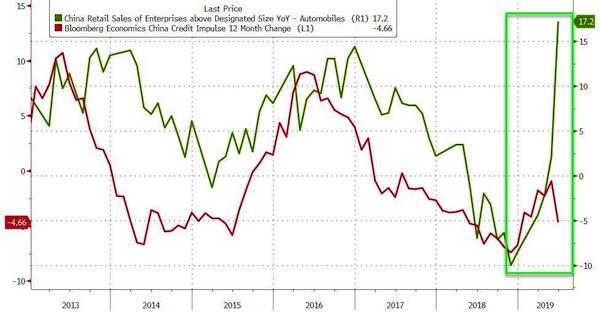
Yet there was one critical data set in China’s manipulated economic data spreadsheet, which failed to get the royal goalseek treatment, one with dramatic implications for the broader market. According to Commodore Research, Chinese June data showed that furniture sales in China totaled only 18.4 billion yuan last month. This marks a year-on-year decline of 14% from the 21.3 billion yuan in sales that was reported last year for June 2018’s furniture sales. This is puzzling in light of the official Chinese data according to which the local housing market continues to hum along, firing on all cylinders, with the average, 70-city primary market property price rising 10.5% Y/Y in May.
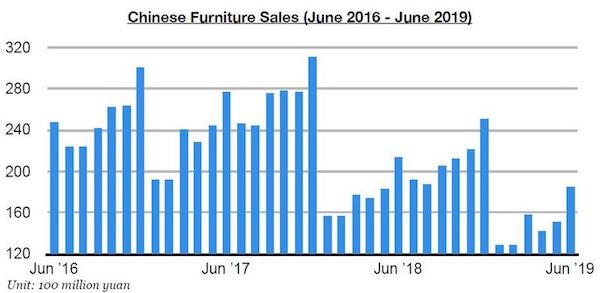
Alas, that does not seem feasible when one considers that furniture sales in China have now contracted on a year-on-year basis for eighteen straight months. What does this mean? As Commodore Research concludes, “we continue to believe that there is a good chance that the ongoing plummet in furniture sales in China is pointing to much greater weakness existing in the Chinese housing market than is generally being recognized.”

So: $100 million for the victims and $5 billion for the airlines. Yeah, makes perfect sense.
• Boeing Takes $4.9 Billion Charge As 737 Max Fiasco Drags On (ZH)
In a long-overdue step that suggests Boeing is eager to put the 737 MAX debacle behind it, the Seattle airplane company announced it would take a $4.9 billion charge in Q2 related to the grounding of the 737 Max aircraft, which represents that troubled aircraft maker’s first estimate of the cost of compensating airlines for schedule disruptions and delays in aircraft deliveries. The charge will result in a $5.6 billion hit to pre-tax earnings when the company reports earnings on July 24, the company said in a statement issued on Thursday. There is just one problem: there is no assurance Boeing’s 737 MAX woes will end in Q2, with media reports suggesting the grounding of the jet may last into 2020.
That scenario is not being contemplated by the world’s largest commercial aircraft manufacturer, which said it assumes regulatory approval will be granted for the Max to return to global skies in the fourth quarter of this year. “This assumption reflects the company’s best estimate at this time, but actual timing of return to service could differ from this estimate,” the company said. To address the possibility of an extended grounding, Boeing said that although the charge equal to $8.74 per share, would be taken in the second quarter, the company said it expects “potential concessions or other considerations” would come “over a number of years”. As the FT notes, “concessions in such circumstances often take the form of price cuts on aircraft orders rather than cash payments.”

History lessons.
• Congress Must Not Cede Its Authority To Raise Debt (Hill)
Last Friday Treasury Secretary Steven Mnuchin asked Congress to increase the debt limit. And so begins another contentious debate. Throughout our nation’s history, Americans have had a love-hate relationship with the national debt. Alexander Hamilton insisted that debt was the price of liberty. Without it, the young country would be unable to protect itself from foreign threats. Yet, throughout much of U.S. history, many Americans regarded debt itself as a threat, to individual freedoms. The ability to raise debt was linked directly to power, and debt issued to finance the nation’s defense was viewed as particularly dangerous—a way to enrich “monied interests” and increase the power of government at the expense of everyone else.
To impede this potential for abuse, the Constitution vested the power to take on debt and regulate currency with the people—through Congress. As a Congressman during the 1790s, James Madison argued that debt and spending were equally important issues and should be debated separately, rather than rolled together in a single bill. Moreover, he felt that to not manage debt would have be an abdication of Congress’s role representing the people. During our nation’s first 130 years, Congress authorized debt as needed to meet the challenges of the day. Government debt financed revenue shortfalls derived from wars, economic recessions or even infrastructure investments. The big difference from modern times is that, back then, once the challenge precipitating the debt was resolved, Congress turned its attention to debt eradication.
President Andrew Jackson believed that repaying debt was a symbol that the nation could sustain independence. After the Civil War, Congress turned to paying off the national debt, which eventually fell from 32 percent of GDP in 1869 to 5 percent in 1916. But America’s aversion to government debt changed throughout the 20th Century. At the forefront of this change were three major developments: the enactment of the first permanent income tax; the creation of the Federal Reserve and the onset of World War I.

As I wrote a few weeks ago, can’t use a reserve currency as a military tool.
• Russia Offers To Join European SWIFT-Bypass (ZH)
Three weeks after a meeting between the countries who singed the Iran nuclear deal, also known as the Joint Comprehensive Plan of Action (JCPOA), which was ditched by US, French, British and German officials said the trade mechanism which was proposed last summer – designed to circumvent both SWIFT as well as US sanctions banning trade with Iran – called Instex, is now operational. And while we await for the White House to threaten Europe with even greater tariffs unless it ends this special purpose vehicle – it already did once back in May when it warned that anyone associated with the SPV could be barred from the U.S. financial system if it goes into effect – a response from the US is now assured, because in the biggest attack on the dollar as a reserve currency to date, on Thursday, Russia signaled its willingness to join the controversial payments channel, and has called on Brussels to expand the new mechanism to cover oil exports, the FT reported.
Moscow’s involvement in the Instex channel would mark a significant step forward in attempts by the EU and Russia to rescue a 2015 Iran nuclear deal that has been unravelling since the Trump administration abandoned it last year. ““Russia is interested in close co-ordination with the European Union on Instex,” the Russian foreign ministry told the Financial Times. “The more countries and continents involved, the more effective will the mechanism be as a whole.” … and the more isolated the US will be as a currency union meant to evade SWIFT and bypass the dollar’s reserve currency status will soon include virtually all relevant and important countries. Only China would be left outstanding; after the rest of the world’s would promptly join.

Wednesday’s protest, the biggest so far, included singer and actor Ricky Martin and reggaeton artist Bad Bunny.
• More Puerto Rico Protests Planned As Governor Resists Calls To Resign (R.)
Massive and at times violent protests in Puerto Rico showed no sign of stopping as labor unions on Thursday organized a Friday march to keep up pressure on the governor to resign, while dozens of guns were stolen in a raid on police firearms center. Thousands of protesters have jammed streets in San Juan since Saturday, calling on Governor Ricardo Rossello to step down after the leak of a raft of controversial and vulgar text messages between him and his closest allies. The scandal comes on the heels of a federal probe into government corruption on the bankrupt island. The guns were stolen from a police station in the coastal city of Guayama, which was vandalized with graffiti calling for the governor to resign or face bullets, according to a Thursday police statement. The FBI was investigating, it said.
The political turmoil comes at a critical stage in the U.S. territory’s bankruptcy. It has also raised concerns with U.S. lawmakers who are weighing the island’s requests for billions of federal dollars for healthcare and for recovery efforts following devastating hurricanes in 2017. “Like never before, all factions of the country agree that Ricardo Rossello has to go,” Juan Cortés, president of the Central Federation of Workers, a public- and private-sector union, said in a statement. Rossello said on Thursday he continued to ask for forgiveness for what he has called “improper” but not illegal acts on his part, while affirming his commitment to remain in office.

He’ll wait.
• US Lawmakers Urge Trump To Sanction Turkey (R.)
Republican and Democratic U.S. lawmakers pressed President Donald Trump on Thursday to impose sanctions on Turkey over its purchase of a Russian missile defence system, saying he should follow a law mandating penalties for doing business with Russia’s military. Republican Senators Rick Scott and Todd Young introduced a resolution calling for sanctions after Ankara began accepting delivery of an advanced Russian missile defence system last week, prompting the White House to announce it was removing Turkey from the F-35 fighter jet programme.
Separately, Senator Bob Menendez, the top Democrat on the Senate Foreign Relations Committee, said removing Turkey from the jet programme was not enough. “The law clearly mandates sanctions penalties for ‘significant transactions’ with the Russian Federation’s defence and intelligence sectors, which would clearly include the delivery of an S-400 system,” he said in an emailed statement. But Trump’s administration has stopped short of imposing sanctions on Turkey, despite the sweeping 2017 sanctions law, known as CAATSA. Trump has not been clear on whether his administration is considering doing so.

And here’s why he’ll wait…
• Cyprus: American Promises, Turkish Arms, Russian Money And Missiles (Helmer)
This week a group of US senators has proposed to leave Turkey in control of the northern part of Cyprus, and force the Greek Cypriots to choose between the US and Russia for the economic and political future of the south of the island. The Senate Foreign Relations Committee agreed by a large bipartisan majority on June 25 to put into law a new Eastern Mediterranean strategy. If the bill is enacted, Cyprus will be required to decide that in exchange for American protection from Turkish military threats, including Russian-made S-400 missiles to be based in southwestern Turkey, the Cyprus Government must not allow Russian naval vessels to dock at Cypriot ports, and should block all Russian money and investments on the island.
At the same time, Greece has been told the US military intends to expand its occupation of Crete around the Souda Bay base; at Larissa Air Force Base, midway between Athens and Thessaloniki; and at other Greek locations. The proposed new law is the most comprehensive plan for American military occupation of Cyprus and Greece since the Greek civil war of the 1950s. The US plan also establishes State Department censorship of the Greek-language media in Cyprus and Greece, and threatens US sanctions against the Orthodox Church bishops of the two countries. Senator Bob Menendez, Democrat of New Jersey, initiated the new policy as an amendment to Senate Bill No. 1102, “to promote security and energy partnerships in the Eastern Mediterranean, and for other purposes.”
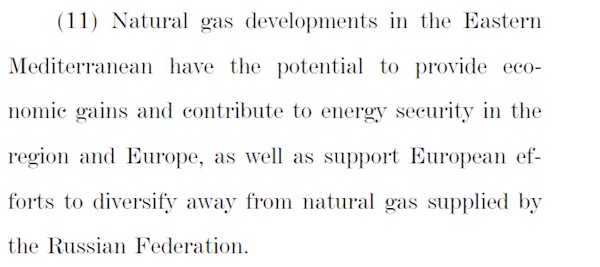
Menendez chaired the Foreign Relations Committee until the Republicans won control of the Senate last November. He has made a long record of legislating sanctions against Russia, while he himself has been under FBI investigation for corruption. [..] US policy in the region should be aimed, the Bill declares, at backing the development of the Cyprus offshore gas deposits, as well as future regional pipelines and liquefaction plants, in order to compete against Russian gas supplies to southern Europe. Without naming Turkey, which is currently threatening Cypriot gas exploration at sea with drilling vessels of its own, the Bill claims that Cypriot seabed exploration “must be safeguarded against threats posed by terrorist and extremist groups, including Hezbollah and any other actor in the region.”

The real giant squid.
• Merger Mania: the Military-Industrial Complex on Steroids (Hartung)
Raytheon, already one of the top five U.S. defense contractors, is planning to merge with United Technologies. That company is a major contractor in its own right, producing, among other things, the engine for the F-35 combat aircraft, the most expensive Pentagon weapons program ever. The new firmwill be second only to Lockheed Martin when it comes to consuming your tax dollars — and it may end up even more powerful politically, thanks to President Trump’s fondness for hiring arms industry executives to run the national security state.
Just as Boeing benefited from its former Senior Vice President Patrick Shanahan’s stint as acting secretary of defense, so Raytheon is likely to cash in on the nomination of its former top lobbyist, Mike Esper, as his successor. Esper’s elevation comes shortly after another former Raytheon lobbyist, Charles Faulkner, left the State Department amid charges that he had improperly influenced decisions to sell Raytheon-produced guided bombs to Saudi Arabia for its brutal air war in Yemen. John Rood, third-in-charge at the Pentagon, has worked for both Lockheed Martin and Raytheon, while Ryan McCarthy, Mike Esper’s replacement as secretary of the Army, worked for Lockheed on the F-35, which the Project on Government Oversight (POGO) has determined may never be ready for combat.
[..] Fifty years ago, Wisconsin Senator William Proxmire identified the problem when he noted that: “the movement of high ranking military officers into jobs with defense contractors and the reverse movement of top executives in major defense contractors into high Pentagon jobs is solid evidence of the military-industrial complex in operation. It is a real threat to the public interest because it increases the chances of abuse… How hard a bargain will officers involved in procurement planning or specifications drive when they are one or two years away from retirement and have the example to look at of over 2,000 fellow officers doing well on the outside after retirement?”

You are part of a death cult.
• IUCN Red List Reveals Wildlife Destruction From Treetop To Ocean Floor (G.)
From the tops of trees to the depths of the oceans, humanity’s destruction of wildlife is continuing to drive many species towards extinction, with the latest “red list” showing that a third of all species assessed are under threat. The razing of habitats and hunting for bushmeat has now driven seven primates into decline, while overfishing has pushed two families of extraordinary rays to the brink. Pollution, dams and over-abstraction of freshwater are responsible for serious declines in river wildlife from Mexico to Japan, while illegal logging is ravaging Madagascar’s rosewoods, and disease is decimating the American elm.
The red list, produced by the International Union for Conservation of Nature (IUCN), is the most authoritative assessment of the status of species. The list published on Thursday adds almost 9,000 new species, bringing the total to 105,732, though this is a fraction of the millions of species thought to live on Earth. Not a single species was recorded as having improved in status. A landmark planetary health check published in May concluded that human civilisation was in jeopardy from the accelerating decline of the Earth’s natural life-support systems. Wildlife populations have plunged by 60% since 1970 and plant extinctions are running at a “frightening” rate, according to scientists.
[..] Humanity’s thirst for fresh water, particularly for farming, is having an especially big impact on river and lake wildlife. The red list update reveals that more than half of the freshwater fish in Japan and over a third in Mexico are now threatened with extinction. Recent research found two-thirds of the world’s great rivers no longer flow freely. “The loss of these freshwater fish species would deprive billions of people of a critical source of food and income, and could have knock-on effects on entire ecosystems,” said William Darwall, head of the IUCN freshwater biodiversity unit.

Twitter had restored the Unity4J account that supports Assange. How Pyrrhic is that victory?






